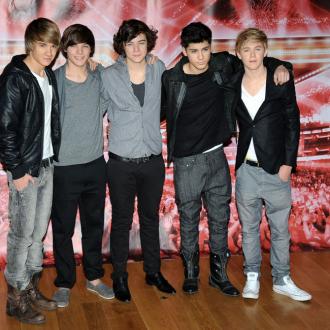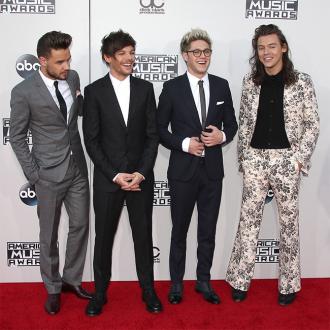Does One Direction still have a place in a DIY decade of music? [Opinion]
By Holly Mosley in Music / Festivals on 22 July 2020
Would a permanent hiatus be the best choice for the much-loved boyband?
Fans are celebrating the 10th anniversary of the formation of British boyband One Direction, while simultaneously Tweeting #18MonthsMyAss in reference to their scheduled hiatus which they announced in 2016. They're hoping their pop heroes are getting close to an exciting reunion, but as music culture is changing, their return is certain to be an anti-climax.
 One Direction at 106.1 KISS FM's Jingle Ball 2015 / Photo Credit: Debby Wong/Zuma Press/PA Images
One Direction at 106.1 KISS FM's Jingle Ball 2015 / Photo Credit: Debby Wong/Zuma Press/PA Images
It's been two and a half years since the former X Factor group were due to reunite, in which time all four members have released their own solo albums with varying degrees of critical and commercial acclaim. But many are speculating that they may reunite for a 10th anniversary celebration. The question is: Do we really need them back?
Viewers of shows like The X Factor and The Voice have been dropping steadily over the last five years, with the former having skipped a series altogether last year (and this year, though that was only expected). So why is this? Are people simply no longer interested in the same brand of standardised pop music that has made record labels and producers a fortune since the 90s? Are people bored of seeing the same voices rising to the top, while the truly unique are rejected time and time again?
 Simon Cowell at X Factor auditions in 2015 / Photo Credit: Ian West/PA Archive/PA Images
Simon Cowell at X Factor auditions in 2015 / Photo Credit: Ian West/PA Archive/PA Images
Once upon a time, one had to scour the country for gigs and spend hours trawling through record shops to get to the good stuff, while the casual listener would simply switch on the radio for the top 10 hits or turn over to Top of the Pops. Now music comes to the casual listener without them having to try, through recommendations on streaming services and a huge social sharing culture.
These days, pop music lovers have access to a much broader spectrum of artists; artists who are reclaiming their image and sound, and artists who can afford to reject the totalitarianism of major pop labels. It is easier than ever to record music from one's own home with a few simple pieces of equipment and a laptop, and to distribute that music through Bandcamp, Spotify, iTunes and various other platforms. Artists don't even need to invest in a web designer to promote their material, as it can all be done through social media. Just look at the success of artists like Dorian Electra, Poppy and FKA twigs. All indie label artists who have racked up millions of Spotify views without being told how to look, how to act or how to produce pop music.
Of course, bands like Little Mix will still have their loyal fans keeping them afloat, and it's likely One Direction will stay the same - at least for a few years. But their fate is ultimatley sealed. The former will diminish like the Sugababes, the latter like Westlife. A solid fanbase and nostalgia value are not enough to keep them at the top.
When you've got artists like Billie Eilish selling a million records and winning multiple Grammys after producing her own distinctive brand of pop from her brother's bedroom, and Stormzy topping charts as easily as if it were breathing without even being attached to a major label, there's just no longer room for the kind of pop act that has been carefulling molded for the consumer, and not the listener.
Contactmusic
Movies and Trailers
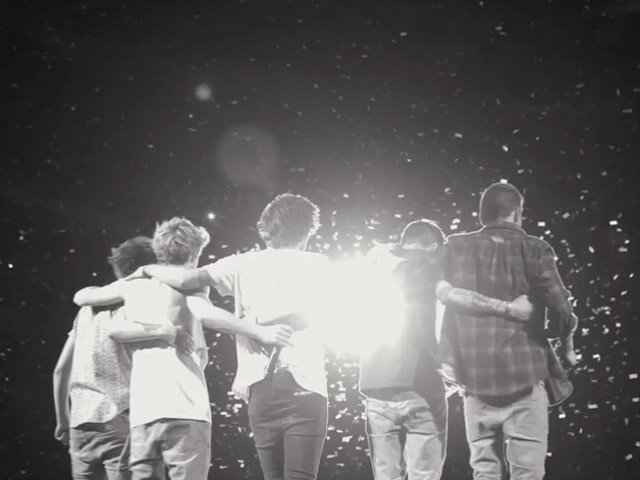
One Direction: This Is Us Trailer
Niall Horan, Zayn Malik, Liam Payne, Harry Styles and Louis Tomlinson may make up the...
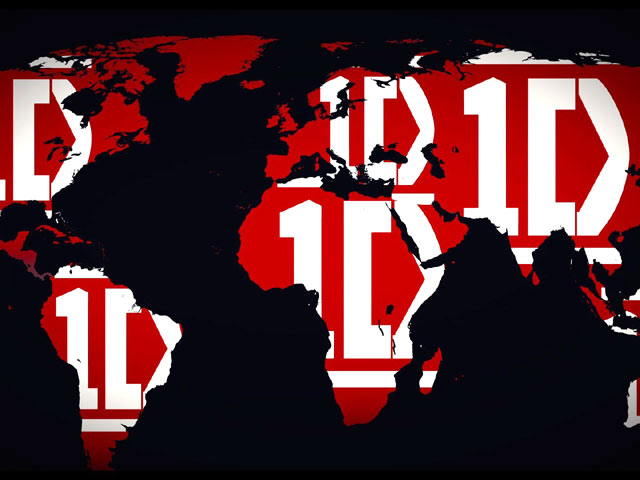
1D3D Movie Trailer
They're the biggest boyband in the world since coming third in the seventh series of...

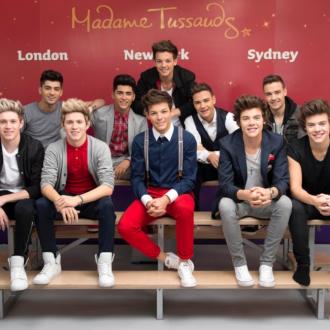
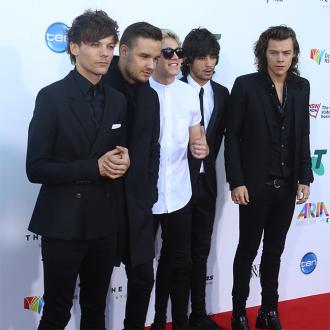
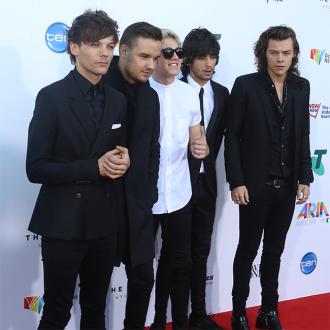
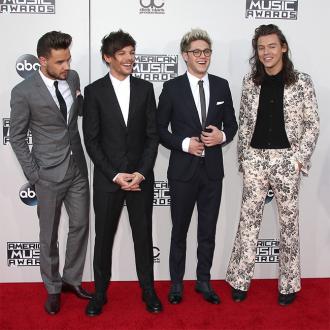
![Does One Direction still have a place in a DIY decade of music? [Opinion] Does One Direction still have a place in a DIY decade of music? [Opinion]](https://www.contactmusic.com/images/feature-images/one-direction-2015-pa-images.jpg)
